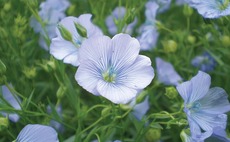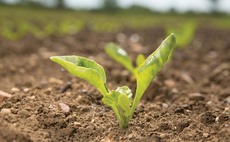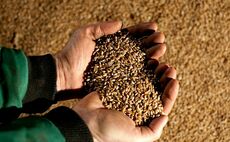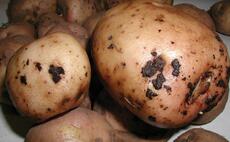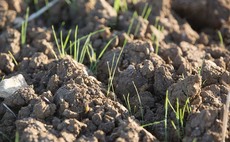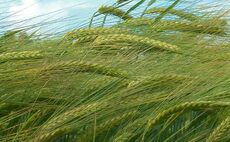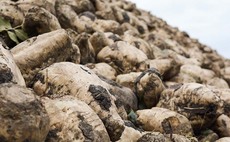Arable Farming
Arable
In stark contrast to last year’s crop, sufficient moisture in August has meant early-sown oilseed rape crops have grown through the ‘danger period’.
Arable
The UK’s winter linseed area is set to more than double on last year as growers look to alternative break crops to oilseed rape.
Arable
The Lower House of the French parliament has voted for an emergency authorisation for use of neonics in beet seed coating.
Arable
Cereals offer greater health and nutrition benefits than commonly acknowledged, despite often being considered ‘nutrient-poor’, a study has found.
Arable
The Nobel Prize in Chemistry has been jointly awarded to two women for the development of a method of genome editing used in animal and plant science.
Arable
Withdrawal dates for the tuber fungicide treatment, penflufen found in Bayer’s Emesto Prime DS have been announced by the Chemicals Regulation Division (CRD).
Arable
Heavy rainfall has put a stop to autumn drilling across many parts of the UK, making many growers nervous of a repeat of last season.
Arable
With more data in from Scotland, the 2020 average treated yield of control varieties from 14 AHDB Recommended List (RL) spring barley trials is 7.94 tonnes/hectare, ahead of the five-year average
Arable
Niab and the University of Cambridge have announced the opening of their Crop Science Centre, an alliance between the two organisations designed to fast-track technologies to sustainably improve farmers’ yields worldwide.
Arable
It has been a disappointing start to sugar beet harvest for Lincolnshire grower, Tilly Ireland who began lifting the 280-hectare crop slightly early after the Newark British Sugar factory opened on September 22.
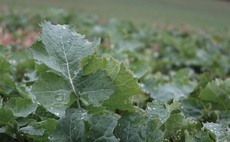
 14 October 2020
•
1 min read
14 October 2020
•
1 min read
